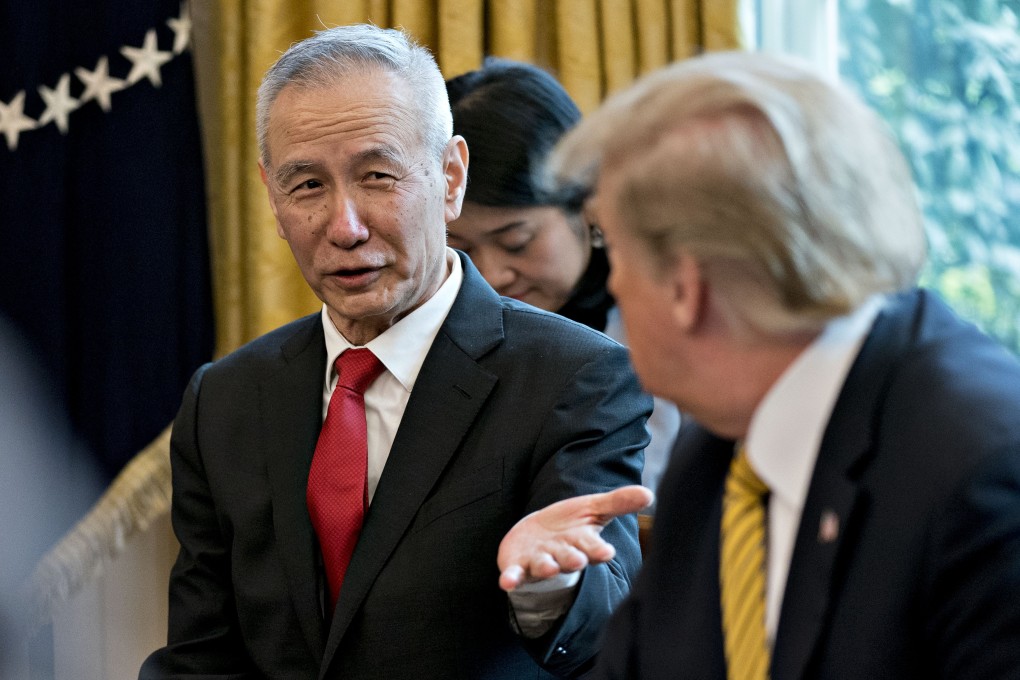US says there’s still ‘significant work’ to be done in trade talks with China
- Officials will continue negotiations next week via video link ‘to resolve outstanding issues’
- Intellectual property, forced technology transfers, non-tariff barriers and enforcement among areas discussed in Washington

Washington said there was still “significant work” to be done in trade talks with Beijing, with officials from the US and China set to continue negotiations next week via video conference.
White House spokeswoman Sarah Sanders made the remarks after both sides said there had been progress on the text of a trade deal in the latest talks that wrapped up in Washington on Friday, though they were cautiously optimistic over whether a deal could be reached in the coming weeks.
In a statement, Sanders said the two sides had discussed intellectual property, forced technology transfers, non-tariff barriers, agriculture, services, purchases and enforcement.
“Significant work remains, and the principals, deputy ministers and delegation members will be in continuous contact to resolve outstanding issues,” she said.
White House adviser Larry Kudlow said trade negotiators would continue their talks next week by video link, in a further step to end the nine-month trade war.
“We are making headway in a lot of areas. That includes enforcement, that includes IP [intellectual property] theft, that includes forced technology transfers, ownership, cyberspace, commodities and all the rest of it,” Kudlow said on Bloomberg Television. “Those are of course in the middle of the negotiations that are ongoing but we’ve come further and farther than ever before.”